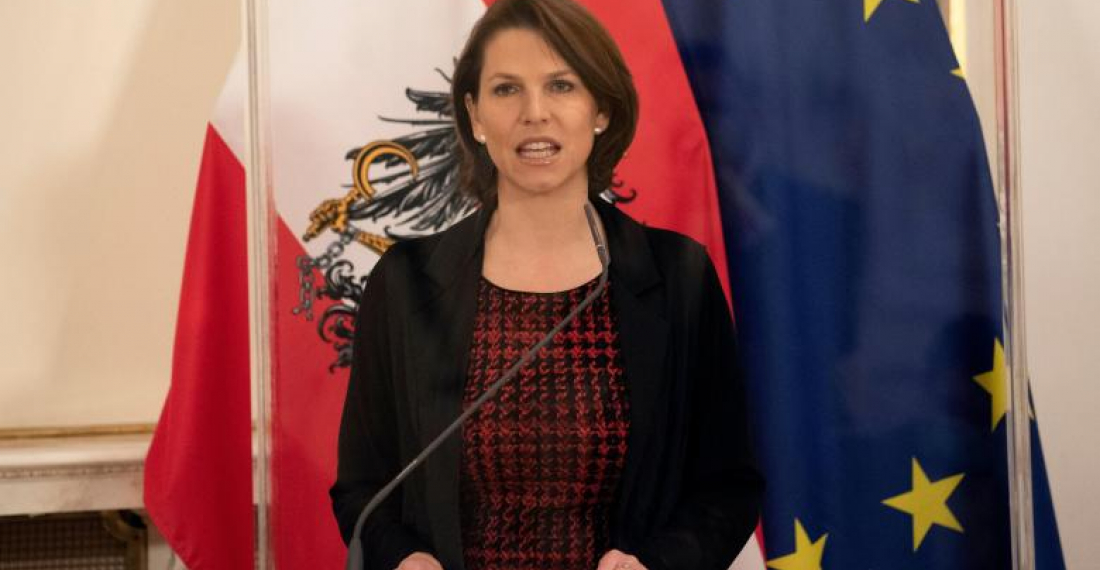Since the start of 2021, Austria has required the registration of all imams in the country, one of several new measures Chancellor Sebastian Kurz's government adopted after a November 2 terror attack in Vienna. Four civilians were killed and 23 injured after a 20-year-old gunman opened fire in the center of the Austrian capital.
Now Austria is calling for the European Union to adopt the same procedure throughout the Union with a European register of Imams.
In an interview with the German newspaper Welt am Sonntag published on Saturday (2 January), Austria's Minister for European Affairs Karoline Edtstadler said, “In the fight against political Islam, I am in favour of creating a European imams directory based on the example of Austria. Most imams travel through many EU countries, so the security authorities have to know who is preaching what in which mosque,” Edtstadler, told the newspaper.
It is also important, Edtstadler said, that “funds from the new EU budget will in future be so strictly controlled that they will not go to organizations and associations that represent Islamist and anti-Semitic positions”. A ban on the financing of mosques and Muslim associations from abroad, as was also introduced in Austria, is also conceivable in the EU. In the fight against terror, Edstadler also called for “the cooperation and data exchange between the judicial and security authorities of the member states to be further improved”.






